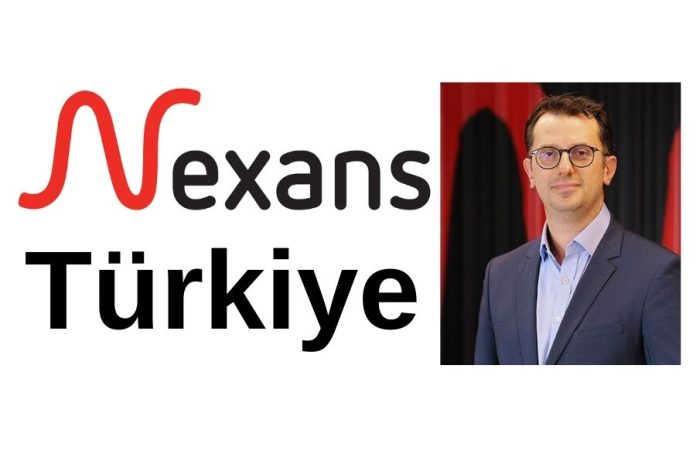Nexans, a global leader in electrification services with 28,500 employees across 41 countries, has chosen its factory in Tuzla as a strategic hub for producing fire-resistant cables and conducting research and development. The fire testing laboratory established in Tuzla is recognized as a center of excellence for Nexans’ manufacturing facilities worldwide.
Export Goal of Fire Safety Solutions: $100 Million
The fire-resistant cables developed at the Tuzla R&D center are designed to meet the highest global standards and are exported worldwide. With this innovative product line, Nexans Turkey aims to achieve $100 million in export revenue by 2025.
A Fire in Europe Every 30 Seconds
In Europe, a fire occurs every 30 seconds, with electrical fires accounting for 21.2% of these incidents. In Turkey alone, financial losses from building fires amount to 1.17 billion TL annually. Fires not only cause property damage but also result in significant casualties: approximately 4,000 deaths and 134,000 injuries are recorded each year. Increasing electricity consumption poses a growing fire risk globally, threatening modern life.
Atilla Kurtiş, General Manager of Nexans Turkey, Levant, and Central Asia, stated that Nexans is breaking export records in Turkey with its fire-resistant cables and will continue to contribute to the country’s sustainable future and economy. Kurtiş added, “As Nexans, we are committed to providing solutions for energy generation, transmission, distribution, and usage from renewable sources, supporting electrification, and advancing energy transformation. We have also announced our commitment to achieving net-zero emissions by 2050. We rely on our E3 management model, which balances environmental responsibility, employee engagement, and business performance, to manage our operations and the sustainability of our planet responsibly.”
Preventing Cable-Induced Fires and Smoke-Related Poisoning
Nexans elevates fire safety to a new level globally, not just in Turkey, with its products in the Fire Safety segment. Low fire hazard cables slow the spread of fire, while fire-resistant cables ensure the operation of critical systems for up to three hours, enabling safe evacuation. For example, emergency lighting, fire alarm systems, or fire response systems continue to function for up to three hours even when exposed to fire, thanks to fire-resistant cables, thereby saving lives. Nexans Fire Safety products also significantly reduce the risk of smoke poisoning, which accounts for 80% of fire-related deaths, by limiting smoke emissions and acid release.
Türkiye’s Strategic Importance to the World
During a press conference at the Tuzla Factory, Atilla Kurtiş showcased the advanced technology of fire-resistant cables and shared the testing procedures with the media. “Fire safety is not just a product but a commitment for us. As we incorporate more cables and systems into our lives, security needs increase. Nexans aims to provide the most advanced technology for projects with high security requirements, such as hospitals, schools, shopping centers, hotels, and data centers. With our fire safety R&D centers in two locations in Turkey, we lead both local and global markets. The fire-resistant cables developed in Tuzla represent high standards not just for Turkey but also for global markets. We aim for $100 million in export revenue from these products by 2025.”
Success in Tuzla and Nexans’ Global Objectives
Nexans Turkey’s Tuzla plant stands out not only for its production capacity but also for its R&D and innovation capabilities. The fire testing laboratory in Tuzla is considered a benchmark center for Nexans’ factories worldwide. In 2024, the production and R&D center in Tuzla was awarded the “Most Digital Factory,” reinforcing leadership in the industry through R&D investments. According to Turkish Time data, Nexans Turkey ranks among the top 10 companies investing the most in R&D.
Full Compliance with European Union Standards
Nexans’ fire safety cables are manufactured by the Construction Products Regulation (CPR), meeting global standards in criteria such as fire resistance, smoke density, and acidity, and leading the industry in this regard.
